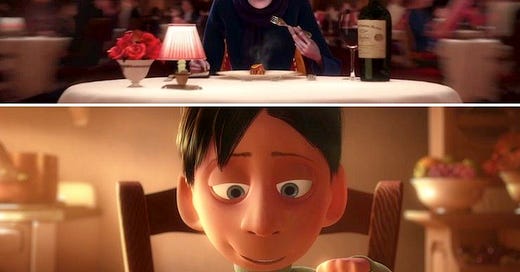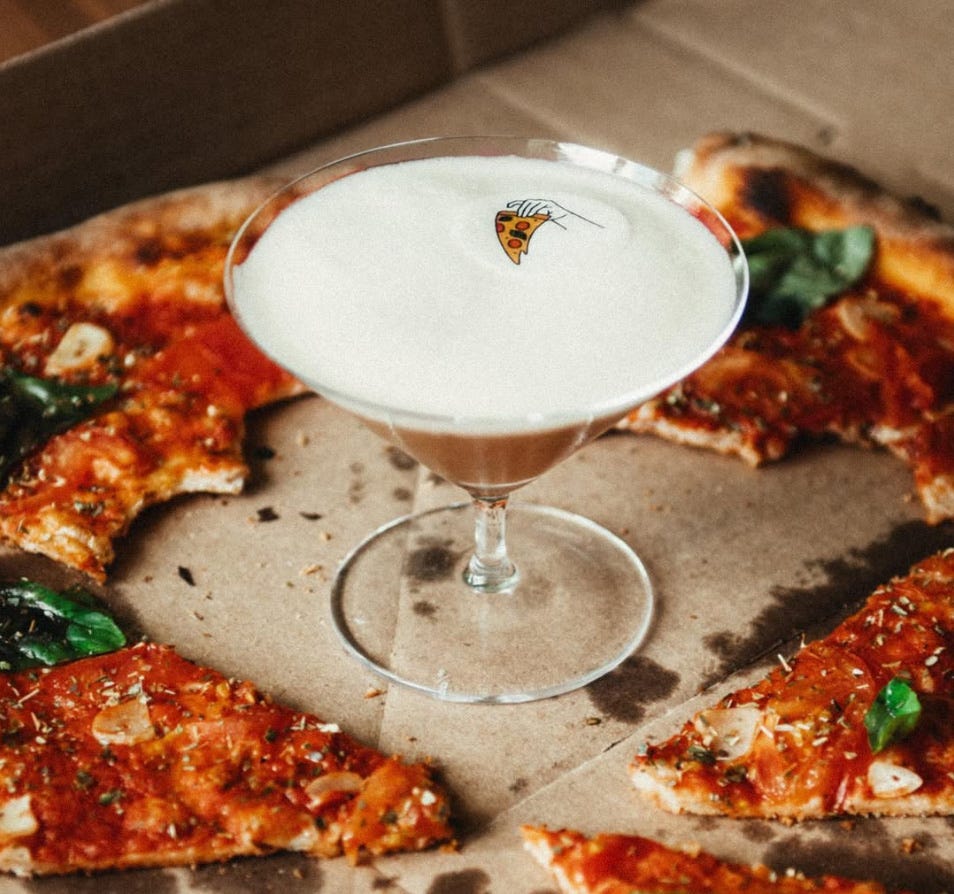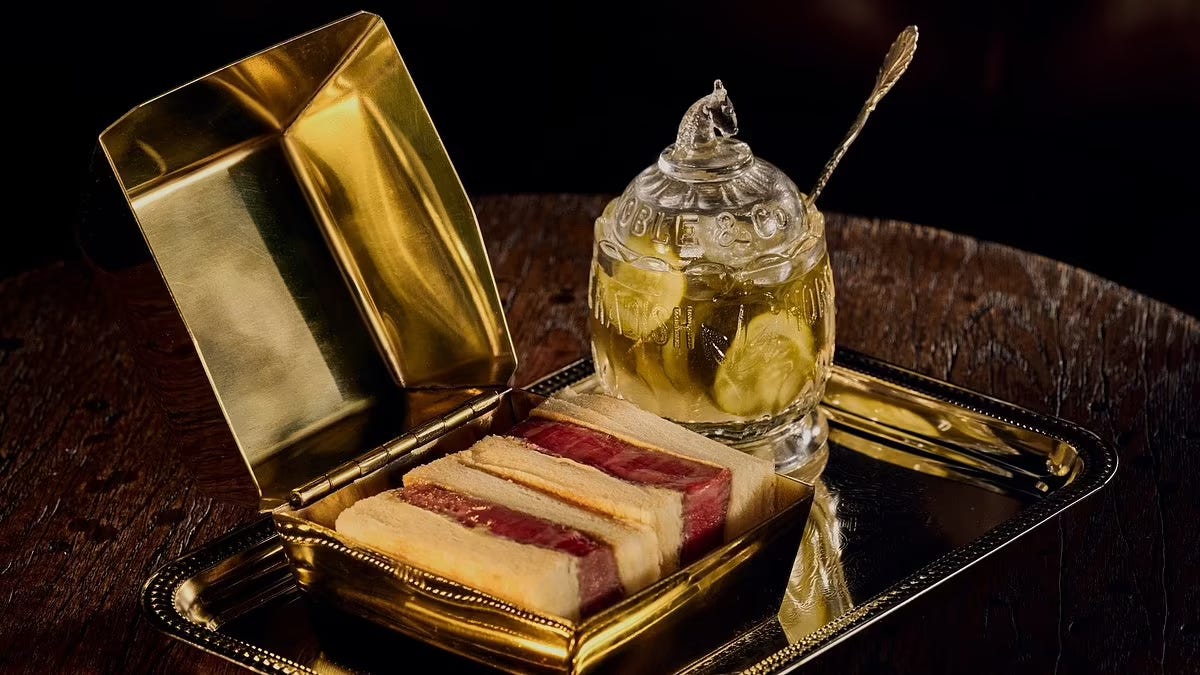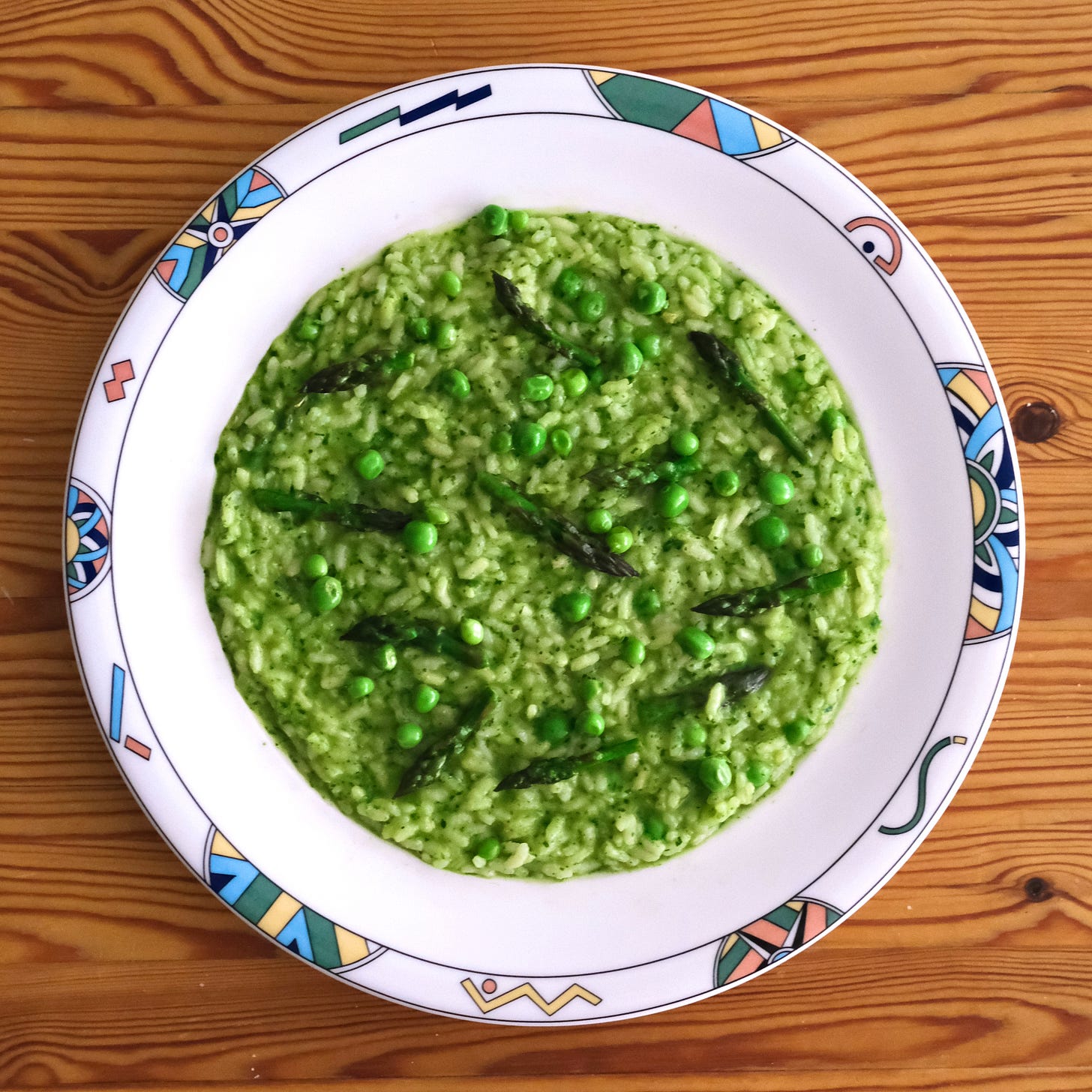Jonathan Gold aside, food critics are rarely beloved figures. In Pixar’s Ratatouille, critic Anton Ego is an antagonist before he has a change of heart, belittling his own profession in a concluding voiceover:
"In many ways, the work of a critic is easy. We risk very little, yet enjoy a position over those who offer up their work and their selves to our judgment.”
At best it’s an outdated characterization of a critic’s work, at worst the sniping of a filmmaker who’d received nothing but raves for his previous movies. Today critics can hardly be seen as having a position over those they review, their voices carrying diminished weight. And they put themselves at risk for little reward - popular chefs and artists are all too eager to cry foul and unleash hordes of their fans on a critic for any slight or negativity.
Food and film critics alike have glossed over Ratatouille’s deeply reactionary message when it comes to the ambitions of chefs. A film that begins with Remy’s search for “possibilities unexplored” in cooking reaches its climax when Remy’s ratatouille kindles Ego’s flashback to the dish his mother served him as a kid. Cuisine is shown to have no higher potential than artfully plated reminders of childhood, surrendering the film’s early encouragement of experimentation to a gussied up comfort food denouement. And now we have a generation of bar owners, patrons, and diners raised on this message, that comfort food deserves not just a place on menus but critical adulation, that unadventurous palettes should be applauded.
In an homage to Ratatouille, there’s a cocktail called “Anyone Can Cook” on the menu at New York cocktail bar Double Chicken Please. Incorporating the flavors of ratatouille, it’s got a fat-washed salted garlic olive oil vodka and it’s charged with carbon dioxide, taking two days of prep before it’s ready for service. Double Chicken Please is one of the bars at the forefront of gastronomic cocktails, and it was ranked number two on the World's 50 Best Bars in 2023. They’re also pushing the boundaries of nostalgia-based drinking, with cocktails based on the flavors of french toast, mango sticky rice, and cold pizza. In the words of co-founder Faye Chen:
“I think nothing more nostalgic than the food, right? Like your mom cooked for you, your grandparents cooked for you, something that you grew up with.”1
I had the Cold Pizza cocktail a couple years ago and it was like seeing a magic trick - misgivings that what was being promised could be achieved and a moment of surprise at the triumphant results, combined with wonder at how it was achieved. But once I’d seen the trick I had no desire to see it performed again2 (unlike the gibson at Temple Bar a few blocks away, an unfussy marvel that keeps me coming back).
There’s a reason culinary cocktails tend toward the familiar. Without a common frame of reference, they’d have to stand on their own. Nostalgia short circuits that quality judgement and silences the inner critic by appealing to formative memories. The upcoming Super Mensch will serve “cocktails inspired by egg creams, matzah ball soup , and Black & White cookies.”, while a pop up bar at S&P Luncheonette serves the Ants on a Log cocktail. Childhood is the common refrain:
“We get guests that might not know what a Negroni tastes like, but they know their childhood dish they grew up with.”3
Opened in NYC last year, Sip & Guzzle offers the Drunken Grandma’s Apple Pie cocktail, "a perfect fall sip with a side of family nostalgia”, which you can pair with a $150 Pulp Fiction-referencing Royale with Cheese sandwich (or make it a Happy Meal for another $50 with a white truffle milkshake), doubling down with a custom polished metal version of the McDonald’s cardboard burger packaging. The references prioritize a mild hit of nostalgic dopamine over any kind of accuracy - it doesn’t matter that a steak sandwich is not a burger, or that a Happy Meal is supposed to come with fries.
Culinary cocktails are nothing new - groundbreaking restaurant wd~50 first served the Peanut Butter and Jelly with a Baseball Bat in 2007, and “a single sip is like time-traveling to after-school snack time.”
Of course, cocktail bar patrons have always had a taste for the whimsical and unchallenging - the disco drinks of the 70s, fruit-forward blended daiquiris and frozen margaritas, the appletini and its ilk. But in the craft cocktail movement, these drinks haven’t usually been considered standard bearers for ambitious bars and bartenders. Now the most whimsy-driven bars are drawing awards, which spawn imitators and shift both the cocktail scene and patron expectations. Jaya Saxena called for pumping the brakes on culinary cocktails last year in an excellent piece for Punch, concluding “Cocktails that taste like a flavor you’ve had before are fun. Let there be room for those that taste like nothing you’ve ever imagined.”
The drive toward childhood nostalgia isn’t just a cocktail bar problem - the 2009 NYT review of the first location of Milk Bar described it as “a time capsule of arrested adolescence”, the flavors of processed breakfast cereals laundered through the image of a pastry chef. Danny Meyer’s approach to hospitality in fine dining has been lionized but it’s his version of throwback fast food that’s driven Shake Shack to 400+ locations. Runaway hit Cocodaq advertises the largest Champagne list in the country, but they feature chicken nuggets on the menu. It’s no surprise that Ratatouille food consultant Thomas Keller is currently serving mac and cheese as a course at his three Michelin star restaurant The French Laundry.
Bars eager to trade on childhood whimsy will eventually gravitate to their natural environments - theme parks, tourist traps, college towns, beach bars and inclusive resorts. Until then, regardless of the dazzling techniques deployed, they should be seen as a short rung up the same ladder as Funko Pop collectors.
Listening: Sky Writing, Fade Evare, 2025, a four track prelude to their upcoming album, the dreamy side of indie pop, fully realized
Reading: I Regret Almost Everything, restaurateur Keith McNally’s eagerly anticipated memoir
Smelling: Basilica by Milano Fragranze, 2021, while most ecclesiastical fragrances go craggy, Basilica is pillowy, a welcoming lactonic cloud enveloping resins and woods
Watching: season 2 of The Rehearsal, my god
Eating: spring produce is in full swing, so I’m shelling every pea I can get my hands on
Wine Enthusiast recently ran a related piece (Upscale Bars Have a Hospitality Problem) on a wave of bars that are ill-suited to cultivate a regular audience - many of these places feel like visits to check off a list rather than places you’d want to return









Excellent